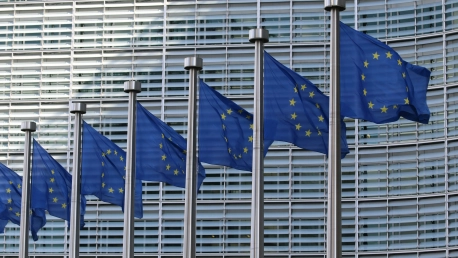The European Union stands on the brink of significant change as it endeavors to unify its digital market amidst debates over telecom consolidation. This hot-button issue elicits varied views on promoting investment in new technologies while maintaining a competitive market for consumers. The EU Commission’s green light for the merger between telecom giants Orange and MásMóvil in Spain exemplifies the complex challenge. This pivotal decision has highlighted a rift among EU leaders and stakeholders regarding the direction the telecom industry should take. While the merger could lead to advancements and efficiencies, concerns linger about market dominance and consumer choice. As the EU treads this fine line, the Orange-MásMóvil case could set a precedent for the continent’s telecom landscape.
The Case for Consolidation
In recent times, the argument in favor of consolidating Europe’s fragmented telecom market has gained substantial traction. Proponents of this view argue that mergers within national borders or even cross-border alliances could significantly drive investments in advanced infrastructure, crucial for the deployment of 5G networks and fiber optics. Their position is buoyed by a thought-provoking report penned by Enrico Letta, the former Italian Prime Minister, which highlights the demanding investments required for cutting-edge technologies such as artificial intelligence (AI). Letta’s report posits that market consolidation is perhaps not just beneficial but necessary to catalyze the financial firepower needed for such innovations.This perspective finds further support from a suggestive white paper that champions the emergence of pan-European telecom giants. These giants, the paper contends, would have the scale and resources to spearhead substantial technological advancements and afford robust digital networks. In so doing, they would significantly contribute to the EU’s ambition of being a digital frontrunner, capable of rivalling America’s Silicon Valley and China’s tech juggernauts. It is a vision that plays well into the narrative that Europe needs to consolidate to compete, appealing to those who wish to see the EU take bold strides toward a digital future.
The Concerns Over Market Health
EU officials are grappling with the telecom industry’s push for consolidation, sparking concern among those like competition chief Margrethe Vestager. They fear this may lead to reduced market competition, higher prices, and less innovation. Nonetheless, the EU has put forth legislation such as the Digital Services Act and Digital Markets Act to support a safer digital space and fair business practices. Attention is now turning to the imminent AI Act, seeking a balance between fostering innovation and managing risk within AI development. Critics worry this could stifle Europe’s tech edge. Despite these challenges, the EU remains committed to finding a balance between encouraging tech investment and preserving market competition and consumer rights, decisions that will shape Europe’s digital future.








